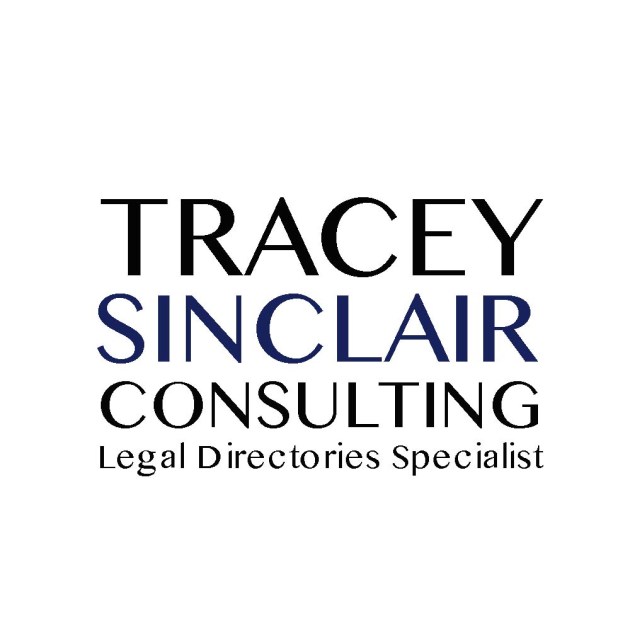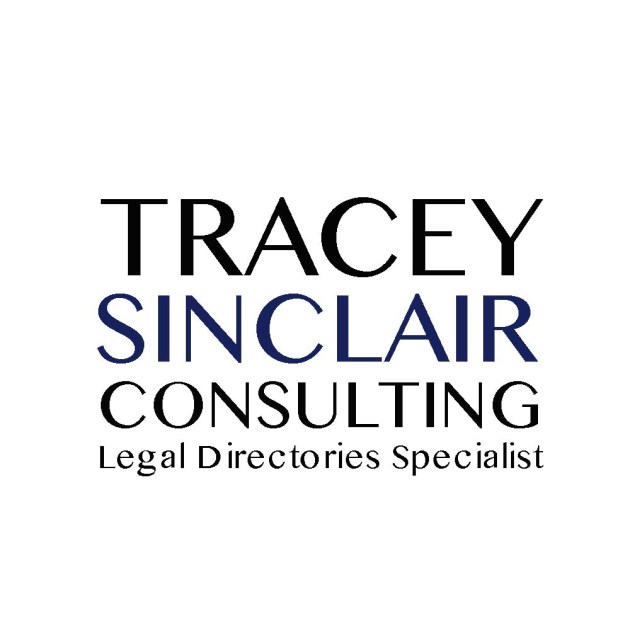Legal 500 UK is out this week and Chambers UK will launch shortly. It’s a rare year when anyone will be completely happy with their results, so here are some steps to take if you have an issue with the rankings.
Take a deep breath and ask – do they have a point?
It’s easy to have a knee-jerk reaction to the rankings, especially if you haven’t been included or haven’t got the rankings you think you deserve. But it’s important not to over-react – firing off a furious email in haste risks souring any future relationship with the guides. Consider this: are there obvious factors that have impacted on your ranking? The guides have such long lead times that it’s easy to be angry the ranking doesn’t reflect recent growth, etc, which may have happened during the course of the research, or personnel changes which have not had the chance to bed in, and the like. Sometimes, you just have to accept that some things take a while to filter through and they won’t be reflected till next year.
Did you make obvious mistakes in the process?
Again, a long time between the submissions process and the publication date means it’s easy to forget, but before you rage at the directories, ask yourself: did we contribute to this? Sending submissions or referees late can hamper the process and affect rankings, as can sending in a small number of referees or a partial submission (particularly for a competitive section). There may be an obvious – and easily fixed – reason for a disappointing showing.
Is it an actual mistake?
Before contacting the guides, it’s important to assess whether what you’re unhappy about is actually a factual error, or just a take on information that you don’t quite agree with. Naming a corporate lawyer in the real estate tables, incorrectly identifying a client, referring to a deal your firm didn’t act on: these are mistakes. Saying that your firm is, for instance, best known for its expertise in employment work when you’re pushing yourself as a corporate practice is their interpretation of their research; it’s not necessarily wrong. You need to react to these differently.
Incorrect category rankings
Here’s where Chambers’ practice of sending out interim notification of the rankings wins out over Legal 500. If you get notification that Lawyer X is mistakenly ranked in employment when he should be in insurance, or Lawyer Y is ranked in the North West when she now works out of London, simply email the editor, or profiles contact (the person the notification will have come from), and let them know. It’s important to be aware though that this may not simply be a matter of switching tables: someone who gets enough feedback to appear in a regional table may not be included in the far more crowded London market, and some tables are more competitive than others, so the lawyer in question may end up not being included in the final guide.
Factual errors post-publication
Email the relevant editor straight away and make sure your email has a subject heading that makes it clear there is a factual error that needs addressing. (Immediately post-publication, the editors are inundated with emails asking for feedback or explanation, but they will try to prioritise fixing any errors). In such enormous books, it’s inevitable that some mistakes will slip through – albeit impressively rarely – but both guides will generally make amendments to the online versions of their guides if there are genuine errors in the text as quickly as they can. You can also email them personnel updates if partners have left.
“That’s not us!” What you can do when you disagree with the editorial
The short answer is, not much. You can email the relevant editor and ask just why they’ve said that, and explain why you disagree, and often they will be willing to give feedback on their decisions, though this may be limited, and this willingness will vary between editors (and if you disagree with everything, you may have to accept that it’s their guide, and you’re stuck with their opinions). Frustrating as it may be, the best thing to do is address this in the next round of submissions and interviews – remember, the guides want to get it right, so they are happy to listen to your feedback, providing you are reasoned in your approach. Sending furious emails/shouting down the phone at the editor is pointless and counter-productive.
“Help! The guide has named a client who wanted to be kept confidential!”
This is a situation that is as unfortunate as it is mercifully VERY rare. Again, it’s easy to rectify swiftly online with an email to the editor. In rare cases, where the mistake has been entirely on the directory’s side (in all honesty, this is not usually the case – these mistakes most often happen because cases or clients are incorrectly or inconsistently labelled in the submission(s)) it may be worth asking that the editor or researcher contacts the client to apologise for the error, though again this is up to their discretion. Whatever happens, there’s pretty much nothing to be done about the hard copies, so it’s worth adhering to the guiding principle that if it would be absolutely catastrophic to have a case or client identified, don’t mention them by name in the submission.
Avoiding a repeat of mistakes
It may be worth stating in the next submission that an error was made last year and how it was corrected, and draw attention to the fact in any telephone interview (nicely, of course!). Review the information you are sending the guides to ensure it is clear, and that all guidelines re: confidentiality are consistently adhered to.
Get a head start on next year!
While there is never a guarantee you will get the ranking you want – the hard fact is the guides’ research may never agree with your self-assessment, or you may never quite fit into the way they categorise certain practice areas – the best way to maximise your chances of getting a fair ranking is to engage proactively with the process. Give yourself time to prepare a clear, concise submission that highlights your key points and to compile a list of referees who will be responsive and positive, and get all of your information to the guides in the format and time frame they outline.
Need help? Contact me at traceysinclair23@gmail.com to see how a consultant can help.



Recent Comments